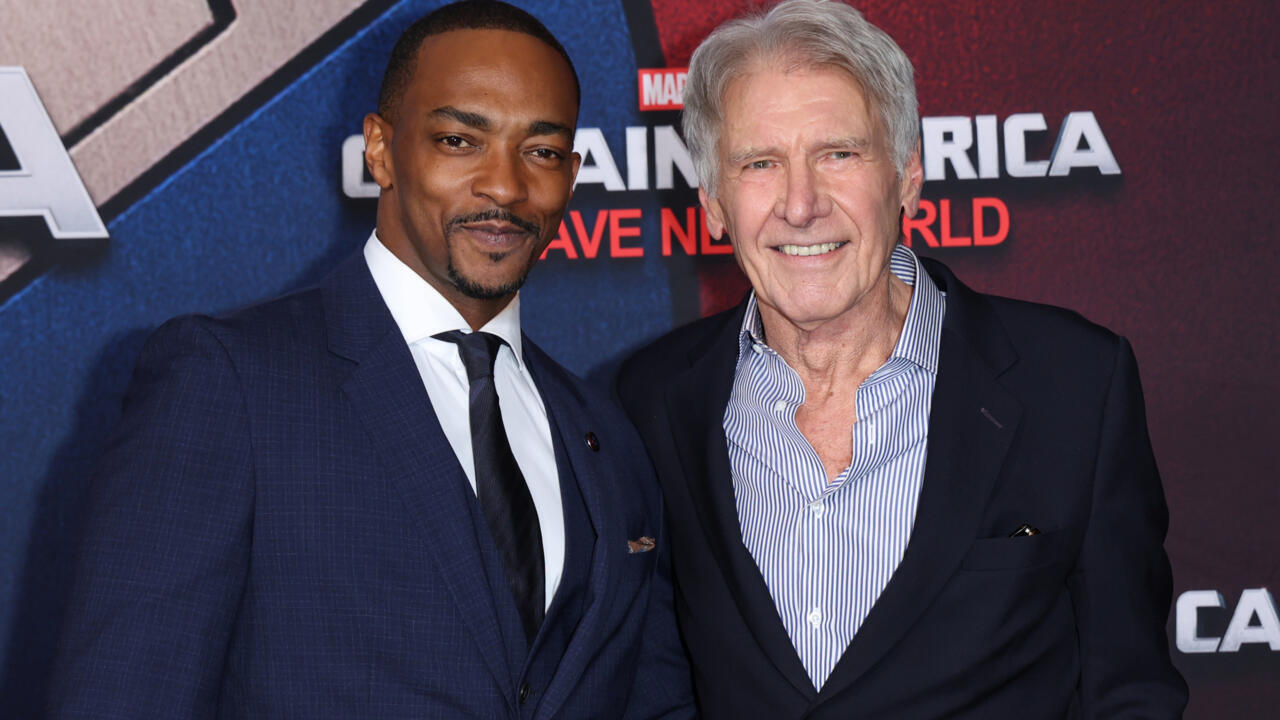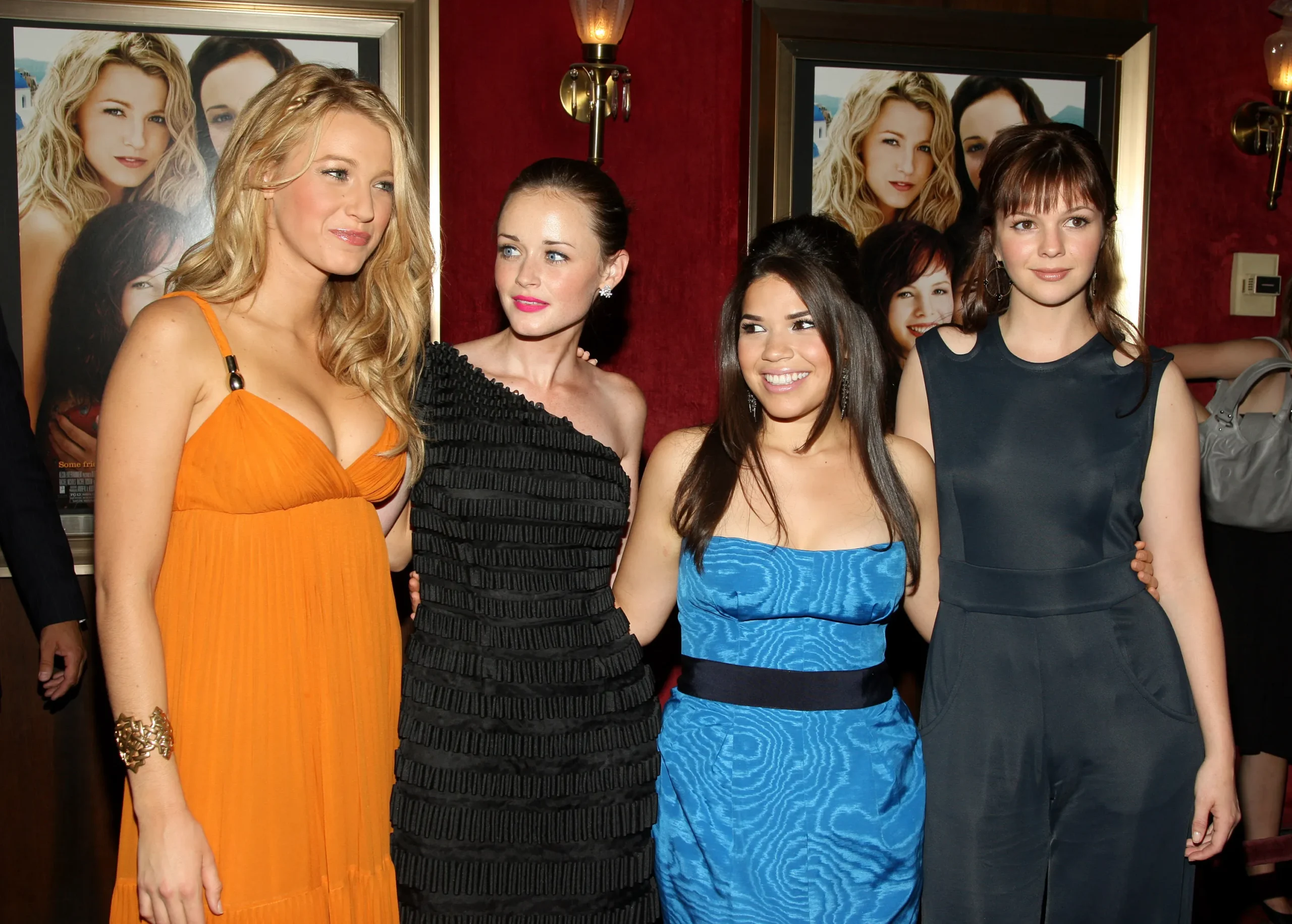The Marvel Cinematic Universe (MCU) is no stranger to political controversy, but the upcoming Captain America: Brave New World has found itself at the center of an ideological storm. As the latest installment in the Captain America franchise, the film introduces Anthony Mackie’s Sam Wilson as the new Captain America, stepping into the role once held by Chris Evans’ Steve Rogers. While many fans celebrate the transition, others—particularly conservatives aligned with former President Donald Trump’s rhetoric—view it as another example of Hollywood pushing a progressive agenda. The clash between pop culture and politics has made Brave New World one of the most debated films before its release.
As the superhero genre continues to evolve, the MCU’s handling of national identity, race, and power is under scrutiny. Is Brave New World truly an ideological battleground, or is it simply a continuation of Captain America’s long history of political storytelling? This article explores the political headwinds surrounding the film, its reception among different ideological groups, and what this means for the future of Hollywood and superhero narratives.
The Political Evolution of Captain America
Since his debut in 1941, Captain America has always been a political figure. Created by Joe Simon and Jack Kirby, Steve Rogers first appeared on the cover of Captain America Comics #1, punching Adolf Hitler. The character was a clear statement against fascism, designed to reflect the values of justice, democracy, and American resilience during World War II.
Over the decades, Captain America has been reinterpreted to reflect contemporary political and social issues. From the Vietnam War to post-9/11 surveillance themes in Captain America: The Winter Soldier, the character has consistently been used to comment on American politics.
However, with Sam Wilson—a Black man—taking up the shield, the political stakes have changed. The transition, first teased in Avengers: Endgame and solidified in the Disney+ series The Falcon and the Winter Soldier, has been met with both applause and resistance. Wilson’s rise as Captain America aligns with real-world conversations about racial justice, representation, and patriotism, making Brave New World an inherently political film, whether Marvel intended it to be or not.
Trumpism and the Culture War in Hollywood
The Trump era (2016–2020) marked a sharp increase in political polarization in America, with its effects extending deeply into popular culture. Trump’s nationalist rhetoric and emphasis on traditional American values have influenced the way many conservatives interpret media. This has led to an increasing backlash against films, TV shows, and brands that are perceived as “woke” or promoting progressive ideals.
The backlash against Brave New World is part of a broader reaction to diversity and inclusion efforts in Hollywood. Right-wing commentators and social media influencers have decried the film as another instance of the “woke agenda” infiltrating beloved franchises. Some claim that replacing Steve Rogers with Sam Wilson diminishes the traditional values associated with Captain America, despite Wilson’s long-established comic book history as Cap’s successor.
Conversely, progressive voices argue that Wilson’s Captain America represents the evolving nature of American identity—one that embraces diversity, change, and the recognition of systemic issues. His struggles in The Falcon and the Winter Soldier with governmental skepticism, racial discrimination, and imposter syndrome reflect real-world concerns, making him a more relatable and timely figure.
Fan Reactions and Online Discourse
The internet has played a crucial role in shaping the narrative around Brave New World. Social media platforms like Twitter, Reddit, and YouTube have become battlegrounds for heated debates about the film’s themes and character choices. Some common arguments include:
- Pro-Sam Wilson: Supporters argue that Wilson’s journey is a natural and necessary evolution of the character, aligning with both comic book canon and contemporary social issues. They view his Captain America as a more inclusive and realistic representation of modern America.
- Anti-Sam Wilson: Detractors claim that the change is forced and unnecessary, asserting that Steve Rogers was the only true Captain America. Many of these arguments stem from a broader frustration with Hollywood’s diversity and inclusion initiatives.
- Neutral Observers: Some fans remain indifferent to the political discourse, simply hoping for a well-written and entertaining film, regardless of its social messaging.
This divide mirrors larger discussions about race, legacy, and identity in America, making Brave New World a cultural flashpoint rather than just another superhero movie.
Marvel’s Role in Political Storytelling
Marvel Studios has historically walked a fine line between entertainment and political commentary. While the MCU is often viewed as mainstream, family-friendly entertainment, many of its films have tackled deep political themes.
For example:
- Iron Man (2008) explored the military-industrial complex.
- Captain America: The Winter Soldier (2014) examined government surveillance and authoritarianism.
- Black Panther (2018) dealt with colonialism, racial identity, and cultural heritage.
- Eternals (2021) featured a diverse cast, including LGBTQ+ representation, sparking backlash from conservative groups.
Marvel’s willingness to engage in these discussions suggests that Brave New World is not an anomaly but rather part of a continuing trend of using superheroes to explore real-world issues. However, as political tensions escalate, the backlash against these themes has become more intense, making Marvel’s balancing act even more precarious.
The Future of Captain America and the MCU
Despite the controversy, Captain America: Brave New World is poised to be a major box office draw. Marvel’s track record suggests that audiences are still eager for compelling superhero narratives, even if they come with political undertones. However, the reception of the film will likely influence how the MCU approaches political themes in future projects.
Key questions moving forward include:
- Will Marvel continue to embrace social commentary, or will it shift toward more neutral storytelling to avoid backlash?
- How will Sam Wilson’s Captain America be received in the long run, and will he eventually earn the same level of fan devotion as Steve Rogers?
- What role will conservative criticism play in shaping Hollywood’s approach to diverse storytelling?
The answers to these questions will determine not just the future of Captain America, but the direction of Hollywood’s biggest franchises in the years to come.
Conclusion
Captain America: Brave New World is more than just another superhero movie; it is a reflection of the cultural and political divisions shaping America today. With Sam Wilson at the forefront, the film challenges traditional notions of heroism, patriotism, and national identity. As Marvel navigates these ideological battles, the film’s success or failure could set a precedent for how entertainment giants address real-world issues in the future.
While some view the new Captain America as a progressive milestone, others see it as a symbol of Hollywood’s increasing political agenda. Regardless of perspective, one thing is certain: Brave New World is flying straight into the headwinds of a deeply divided America, making it one of the most significant and talked-about films of the year.



